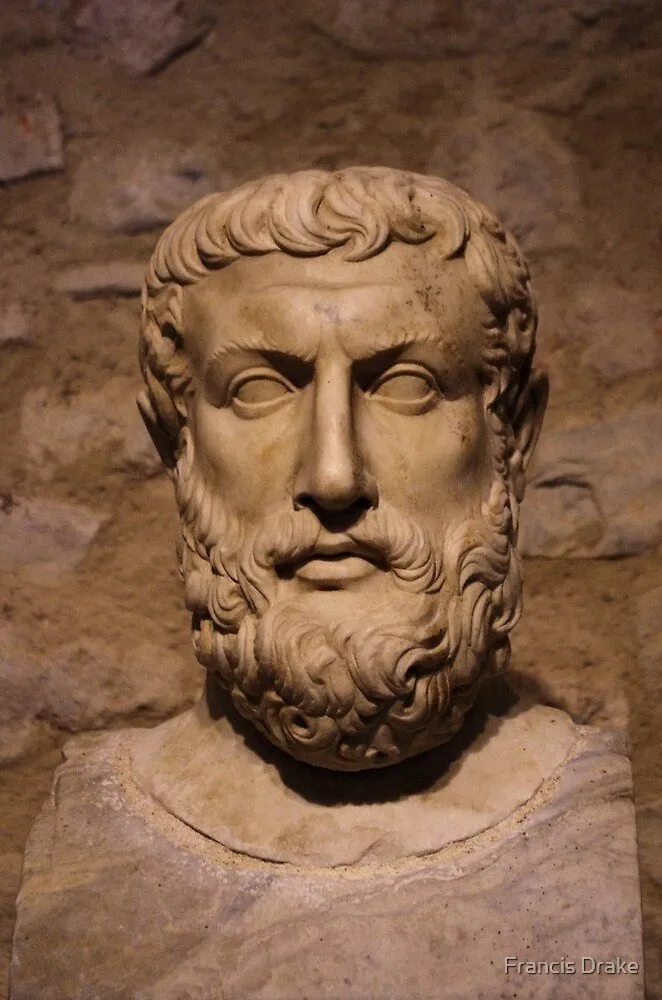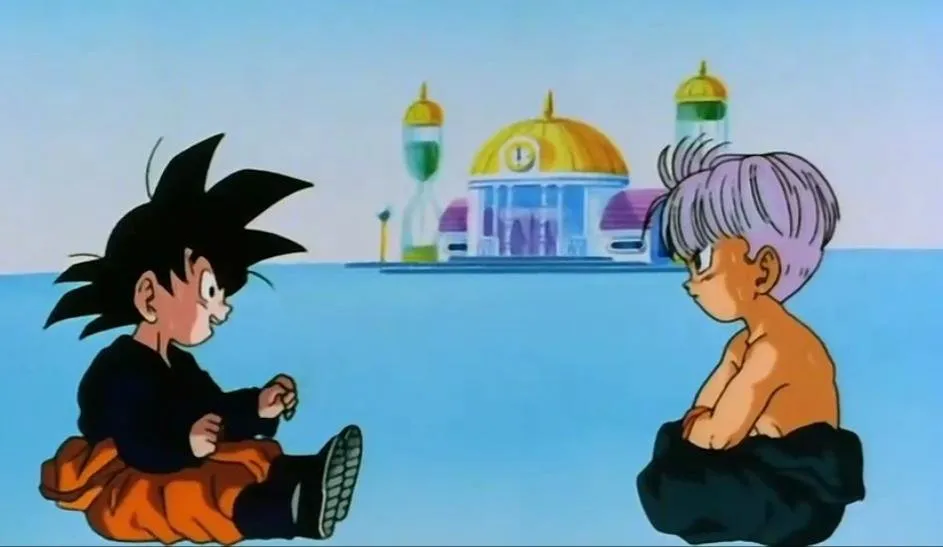
Ontology is a philosophical branch concerned with the reality in which we exist. It concerns all aspects, including time.
Time is arguably one of the most discussed topics in analytic history, as many famous philosophers throughout history have given their thoughts on the subject. Philosophers concern themselves with time because it's flow controls and shapes all aspects of our reality.
Apart from time, every thing else in our existence is unstable or fluctuating. Time, however, is a measurement used to predict the swing of any given thing. By using our present time, we can predict certain outcomes for certain things.
In the article that follows, I will attempt to explain the importance of time within our own individual existence, and how we can use time to our own advantage.
Space time
Albert Einstein developed a revolutionary theory, the theory of general relativity, of which carries intricate explanations for how time is shaped. One of these explanations is gravitational time dilation.
Without going into its intricacies, time dilation is the effect gravitational mass has on light waves; light slows as it's pulled by the gravity of an object. For example, time moves faster outside of Earth's orbit than it does on Earth's surface.
This means that time is dependent on the observers gravitational direction.
If we were to live on a smaller planet, time would move more quickly. If you've ever watched the anime Dragon Ball Z, you may have noticed that the main character, Goku, enjoys training on King Kai's planet, a planet small enough for him to run around in less than a minute. What Goku doesn't understand, is that every minute he spends on King Kai's planet, he is aging faster than he would if he were on Earth.

Time is relative to the observer. If we all moved to a larger planet, with more mass and stronger gravitational pull, we would age slower than the people who remain on Earth. The days would be longer.
Objective time
We can explain how time works all we want, but the fact remains, everything is effected by time differently. The one thing that remains the same though, is that, time measures change.
Take an apple for example. We can measure the time it takes for an apple tree seed to grow, then measure the time it takes for the first apple to drop, and then measure how long it takes for that apple to rot. By doing this a few times, we have determined the average life span of an apple on Earth.
The average life span of a human being on Earth is around 70 years. For those 70 years, we each experience time in the present moment. Our memory stores the events of our life span on Earth, and we can then speculate on the future using our understand of the past and present. We each individually measure the change in our lives using time.

Time efficiency
We cannot change past events; changes that have already occurred. We can however, change the present, to create a better future.
Although it is impossible to predict exactly what's going to happen in the next present moment, we can change this present moment. For example, as I'm writing this, I am constantly changing what words come next, choosing which words will present a better future outcome. I know that my words have to present a clear and concise argument so that the people who read this 20 minutes from now can interpret them easily.
If we know that we can shape our present moment, we know that we can then shape the future. If we know that we can shape the future, we know that we have an indirect influence on the ripples of time. Just as gravity ripples time, our choices ripple the events of future history.

Imagine if you could see into the future, but you didn't like what you saw, you could return to the present and make changes immediately. The point being, if you want to create a better future, you have to create a better now. Work efficiently with the time you're presently experiencing.
Conclusion
To be honest, I wasn't really sure where I was going with this piece, and I'm not quite sure I've delivered the overall message I set out to achieve. If not, the message is this:
We each have a direct influence over what we do next. Though we cannot change what another person will do next, we can make our own choices, and as we do, we create rippling effects among all those that observe your choices. As we both, directly and indirectly, influence our peers, we shape the future of our society as a whole. It is up to each one of us to make good choices. Not only for the future of ourselves, but for the future of those around us.
Time should not be seen as a burden, and should instead be seen as a mathematical blessing. Through using time to our advantage, we can discipline our actions, we can change the swing of any future event.
We cannot change the past, but we can change the present to create a better future.

Born in New Zealand and resides in Australia, Thomas writes about many different subjects, mostly about those that affect him at the time. He likes to philosophize about each subject and does the same in his music. Addicted to knowledge though no scholar, Thomas tries to be original & true in his quest to better himself.